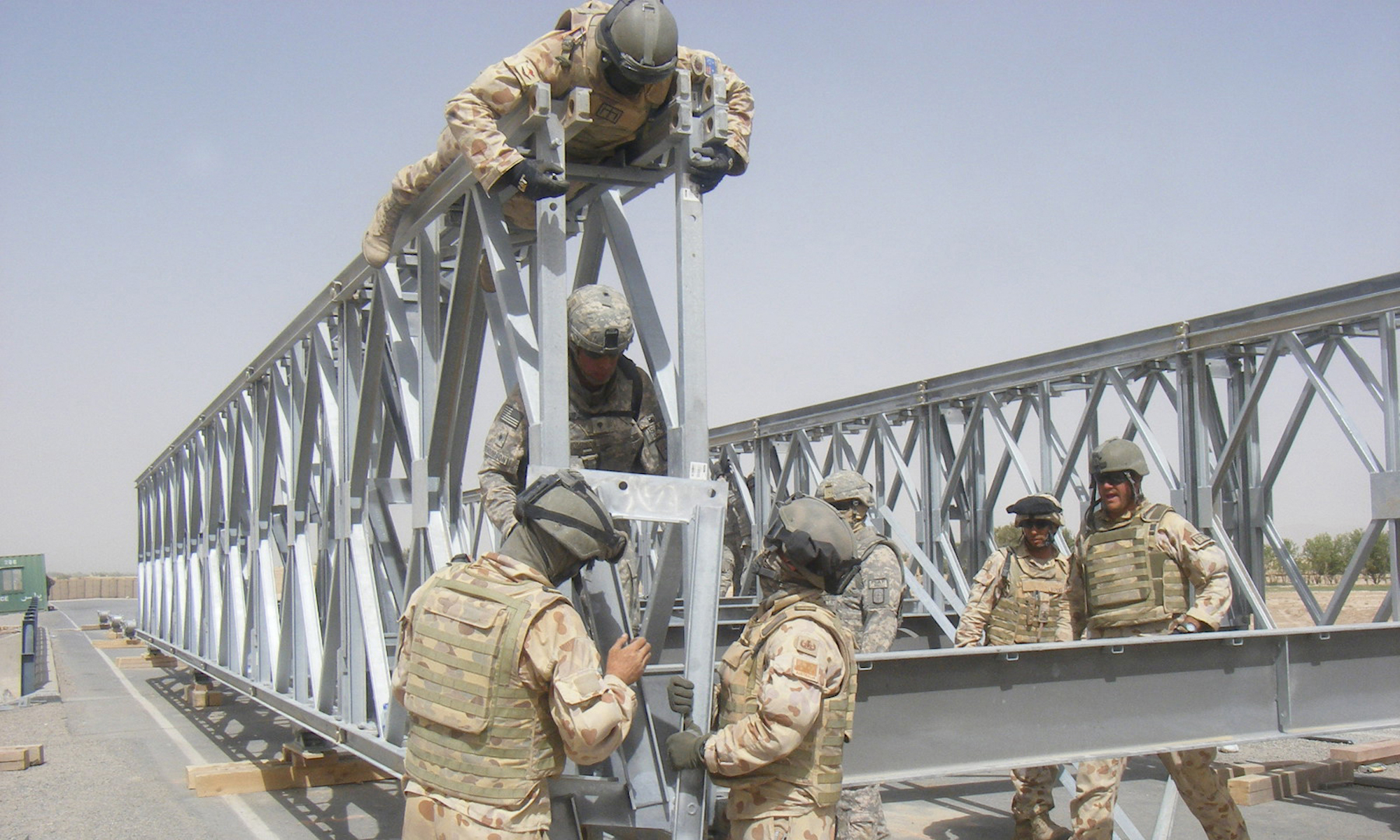Internationally-directed nation building combines great rhetorical promise with very mixed practical outcomes. In spite of considerable optimism on the part of international actors, and in spite of often substantial desire for a functioning government among targeted populations, it has not clearly succeeded in building states or nations. The question is why? While many authors look to the weaknesses of international efforts for explanation, the answers may lie instead in the difficult process of transition itself. Although transforming political and social interactions is often necessary in post-conflict contexts, doing so can intensify vulnerabilities and uncertainties that prevent reforming governments from establishing legitimacy. That can in turn enable the fragmentation of political authority and become a sort of worst case scenario for nation building. International actors have shown no ability to counteract fragmentation and in some cases may unwittingly aid its entrenchment. One reason for this is that nation building strategies seldom take account of the hazards of transition, particularly the ways in which international preferences and domestic needs may clash. This article examines nation building within the context of political transition to assess how and when international efforts serve to unite or splinter state authority. It argues that the capacity to improve outcomes rests in better understanding the dynamics of transition, particularly the group vulnerabilities that reform exacerbates. Where nation building cannot counteract fragmentation it cannot succeed, but will serve rather to create contexts where political violence is both easier and more likely.

INSCT Postconflict Research Database
The Institute for National Security and Counterterrorism's Postconflict Research Database & Analysis Project stores cross-indexed bibliographic information on hundreds of journal articles, books, book chapters, and case reports that address the broad, interdisciplinary fields of postconflict reconstruction, stabilization, and peacebuilding.
2 Replies to “Nation Building or Nation Splitting? Political Transition and the Dangers of Violence”
Comments are closed.